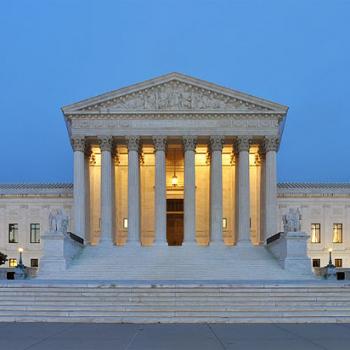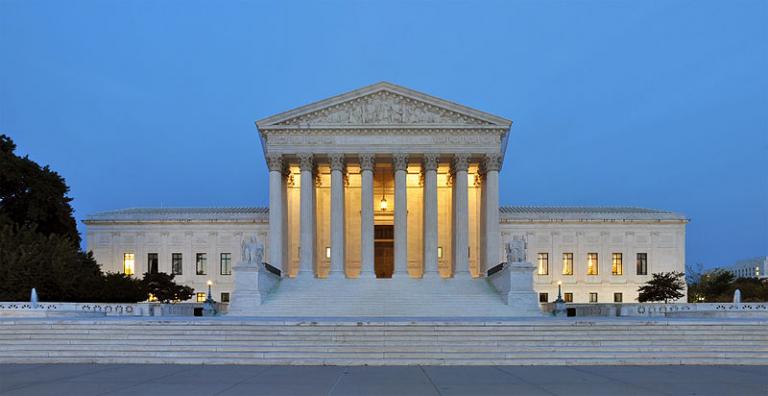Should the Senate hold hearings on Merrick Garland? Doesn’t make much sense to me, if it’s solely a matter of holding hearings, and nothing more. Why, then, are Obama and the Democrats pushing on this? Presumably with the expectation that, having (they hope) shamed the Republicans into holding hearings, they can further shame them into a vote, and peel away enough Senators in tight races in order to get him through.
Should the nomination and confirmation of Supreme Court justices be as politicized as it is? Republicans such as Cruz talk about their determination to nominate justices who will follow the constitution strictly. Democrats speak of wanting justices with “empathy,” who will vote as intended on such issues as campaign finance reform and abortion. (See this Time article on Clinton’s stance, or this Washington Times piece for more specifics on her announced litmus tests.) And, remarkably, Planned Parenthood president Cecile Richards had a West Wing meeting immediately after the nomination was announced, which strongly suggests that Obama is confident of Garland’s opinion and likely rulings on abortion-related cases.
But is it just the Republicans’ bad luck that Scalia died now, rather than a year from now, and they should suck it up? I proposed in an earlier post that a seeming unwritten rule that “every president gets two picks” be formalized via constitutional amendment — maybe it wouldn’t even need that, in the same way as the constitution doesn’t specify the size of the Court.
The bigger issue is this: when Supreme Court nominations are made based not on legal expertise but on alignment with the president’s politics, and if Supreme Court nominations become nothing other than a means of a president cementing his policies, then we’ve created a situation in which the very concept of separation of powers is weakened, if not dismantled. And in this context, the Republicans are probably justified in their obstruction — it’s an honest acknowledgement that Court appointments have become just another tool for implementing policy. Perhaps it won’t even be resolved (absent a Sentate majority and President of the same party) without negotation over the matter, and nominees being more direct about their opinions, and both parties haggling over what’s acceptable.
Consider the fact that one of the most far-reaching cases in front of the Court this term will decide the validity of the Obama administrations’ executive amnesty programs. (A National Review explainer today reminded me of this.) And a week ago an article appeared at libertarian reason.com that reviewed Garland’s decisions that seemed to confer on him the title of “moderate” and concludes that:
Sometimes Garland sides with conservatives, and sometimes he sides with liberals. So on a liberal-vs.-conservative axis, he looks like a moderate. But the ideological wing he joins depends on which wing has taken the government’s side. That’s where he ends up. So on a government-vs.-liberty axis, he does not sit in the center— but on the extreme edge.
By contrast, liberals will side against the government in some cases, and conservatives will side against it in others. Either one would be preferable to a justice who thinks the government can do no wrong.
In other words, either by happy coincidence or intentionally, Obama has nominated someone who will take his side in the cases currently pending before the Court.
Was this ever thus? Certainly this pales in comparison to FDR’s court-packing plan, in which, in reaction to Supreme Court decisions invalidating New Deal legislation, he proposed an expansion of the court, a bill that failed in part because the Court, cowed by this proposal, became New Deal-friendlier.
And, by the way, has the 8-member Supreme Court been a disaster? They have been deciding cases. In the case of the “fair share” union dues, it was indeed a tie. In the case of the “one man one vote” complaint, the Court decided unanimously. And, most encouragingly, presumably in order to avoid a tie, in the case of the Little Sisters, the Supreme Court asked both sides to present new briefs, essentially asking them to try once more at a compromise. This Bloomberg View article is skeptical about the probability of success, considering the compromise at hand still unacceptable to the Sisters, but pro-Sisters sources were optimistic.











